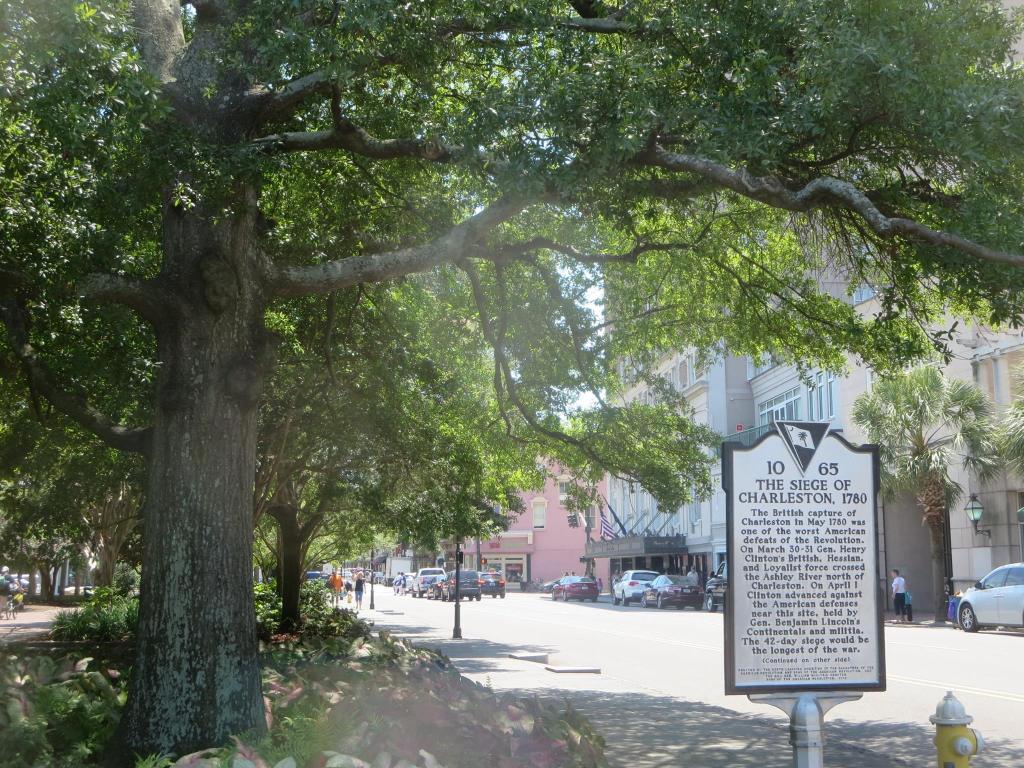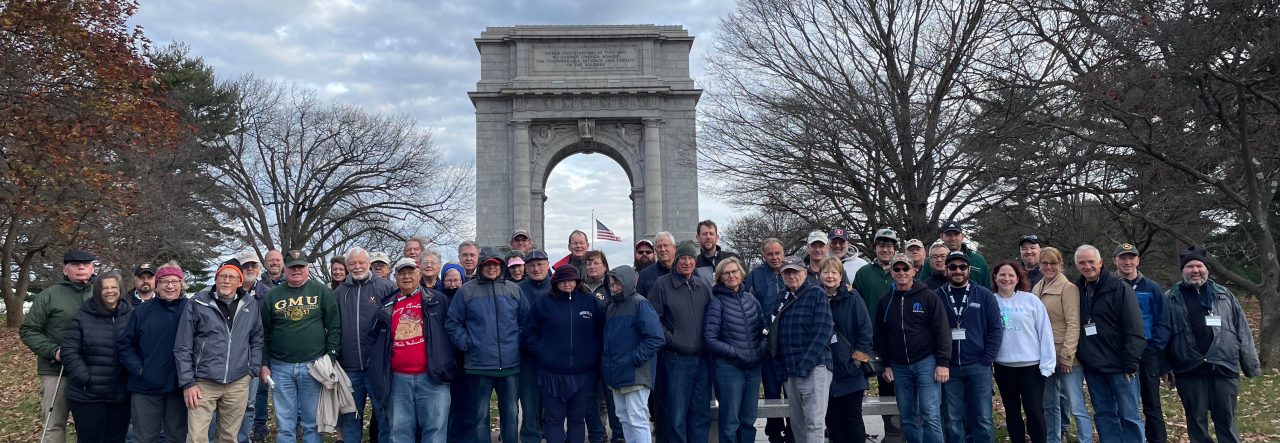On May 12, 1780, around noon, the Southern Continental Army formed up in the tabby Hornwork (near present-day Marion Square), marched out of the fortifications and laid down their weapons between their main defensive line and the Hornwork. Their flags were cased and they were forced to play a Turkish march on their drums. This was humiliating to the Patriot defenders. British and Hessian grenadiers entered the Hornwork and the British flag was raised over the American fortifications. Charleston, South Carolina had officially fallen.

During the surrender ceremony, the British Army lined up to watch the American Continentals surrender their arms. They were amazed to see the wretched condition of the American soldiers. They noted their clothes were ragged and torn and many had no shoes. Despite this, they were extremely disciplined and professional. One British officer noted that it was “admirable that these people still fight for the chimerical freedom of America with such ardor.” Many Continental soldiers were too sick to march out and lay down their arms. Seeing how small a force was surrendering, some of the British were amazed that so few had “made a gallant defense.”
Over the course of the 42 day siege leading up to the surrender, the Americans had lost 89 men killed and 138 wounded. The British had lost 99 killed and 217 wounded. The British were successful in capturing the city, but more importantly than the city, the British had captured the entire Southern Continental Army: 5,618 men, 400 cannon, 15 stands of flags, and 5,000 muskets. Of the men captured 3,465 were hardened Continental veterans who were irreplaceable to Americans. In one swoop, the Continental lines of Virginia, North Carolina, and South Carolina ceased to exist.
Among the prisoners were three signers of the Declaration of Independence: Arthur Middleton, Edward Rutledge and Thomas Heyward. This was the largest defeat the American cause would suffer in the Revolutionary War. The next time America surrendered a larger force to a foreign enemy was at the surrender of Bataan in World War II.
In Philadelphia, John Adams wrote simply that “This is the severest blow we ever received.”
Over the following two years, a bloody civil war erupted throughout the backcountry of South Carolina. As British General Lord Cornwallis marched into the wilderness to subdue the Patriots in the interior of the state, he met initial success, but eventual failure, and ultimately total defeat at Yorktown, Virginia in October of 1781.
The road to Yorktown began at Charleston on May 12, 1780.

Reblogged this on Dave Loves History.
LikeLike
Thank you. This rang a bell in my studies. Appreciate meeting up with you all.
LikeLike
in my early years living and being educated in Charleston I never really visualized this event. History seemed more centered on the early colonial period and Civil War.
LikeLike
Pingback: The Virginians’ 800-Mile March to Save Charleston – Revolutionary War Journal